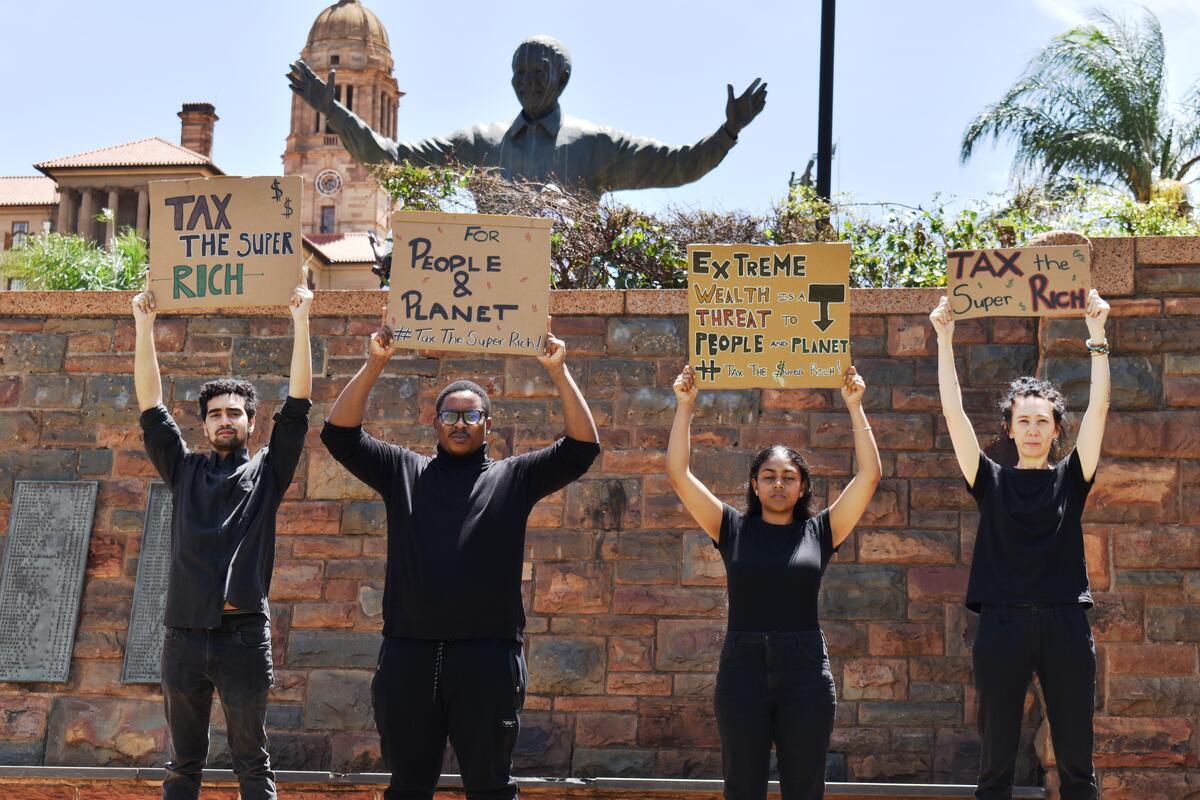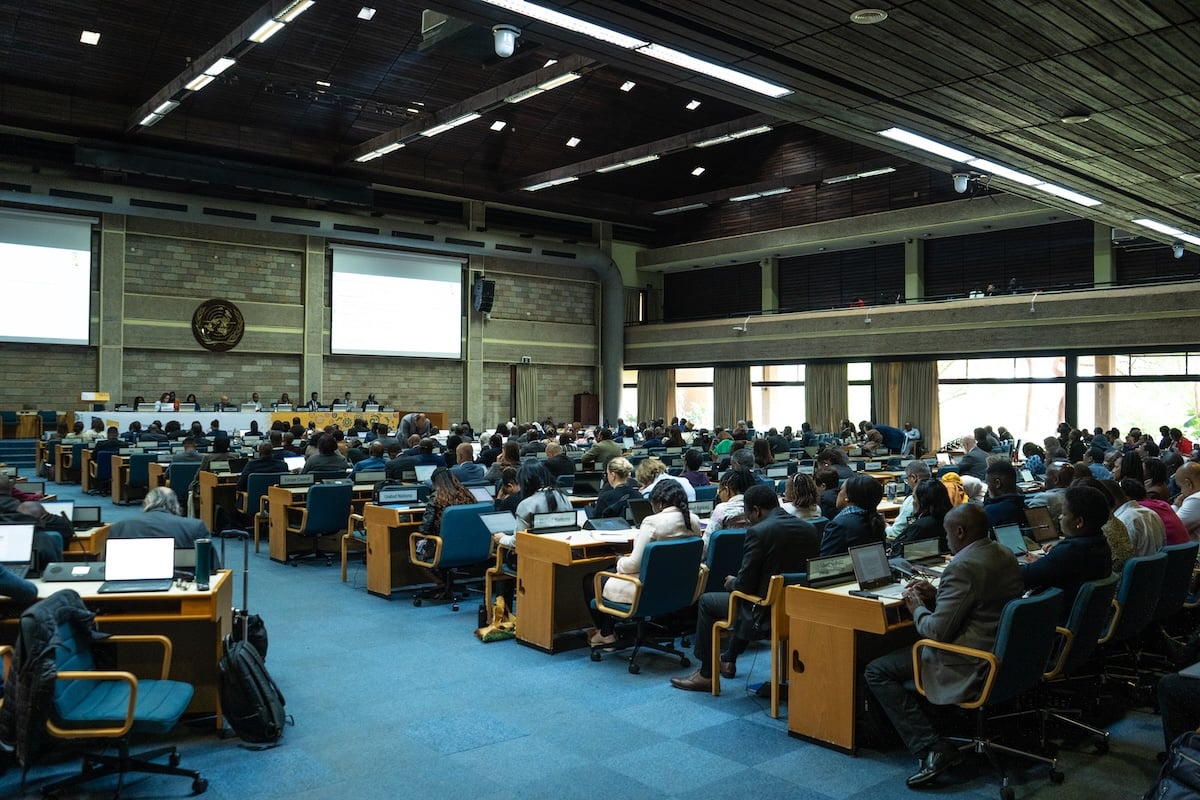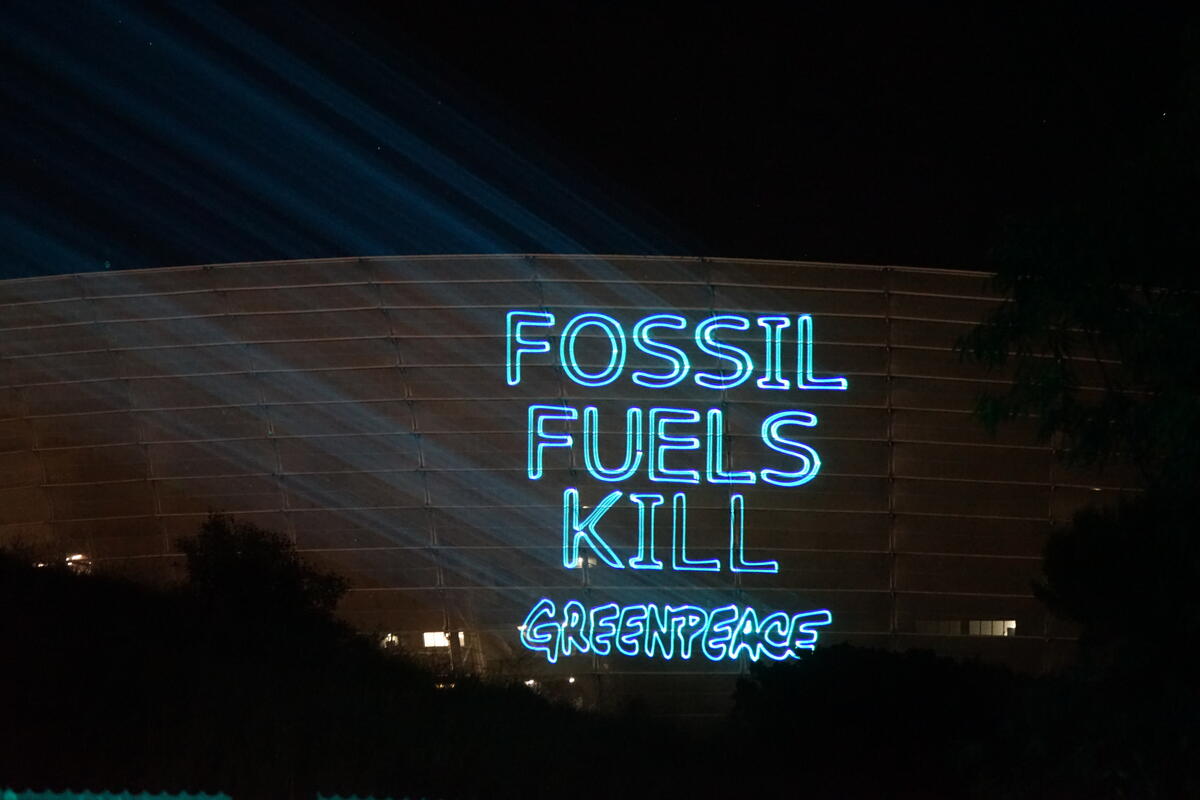The moratorium on forestry, which has been in place since 2002 in the Democratic Republic of Congo (DRC), freezing industrial exploitation of the Congo Basin forests, is being put to the test under the pressure of industrialists and other private interests, who intend nothing less than to wipe out 60 to 70 million hectares of tropical forests from the face of the earth.
Tropical forests, the most important ecosystems for the climate regulation
Apart from the fact that 40 million people are threatened with extinction of their customs and civilizations, the Congo Basin forests remain one of the largest carbon sinks in the world. Experts agree that tropical forests are the most important ecosystems for climate regulation.
These forests alone would concentrate more than 30 billion tons of CO2, the equivalent of three years of global emissions (or twenty years of U.S. emissions)!
Exploited for industrial and other purposes, this stock could lead to a temperature increase of 3 to 4°C on a global scale.
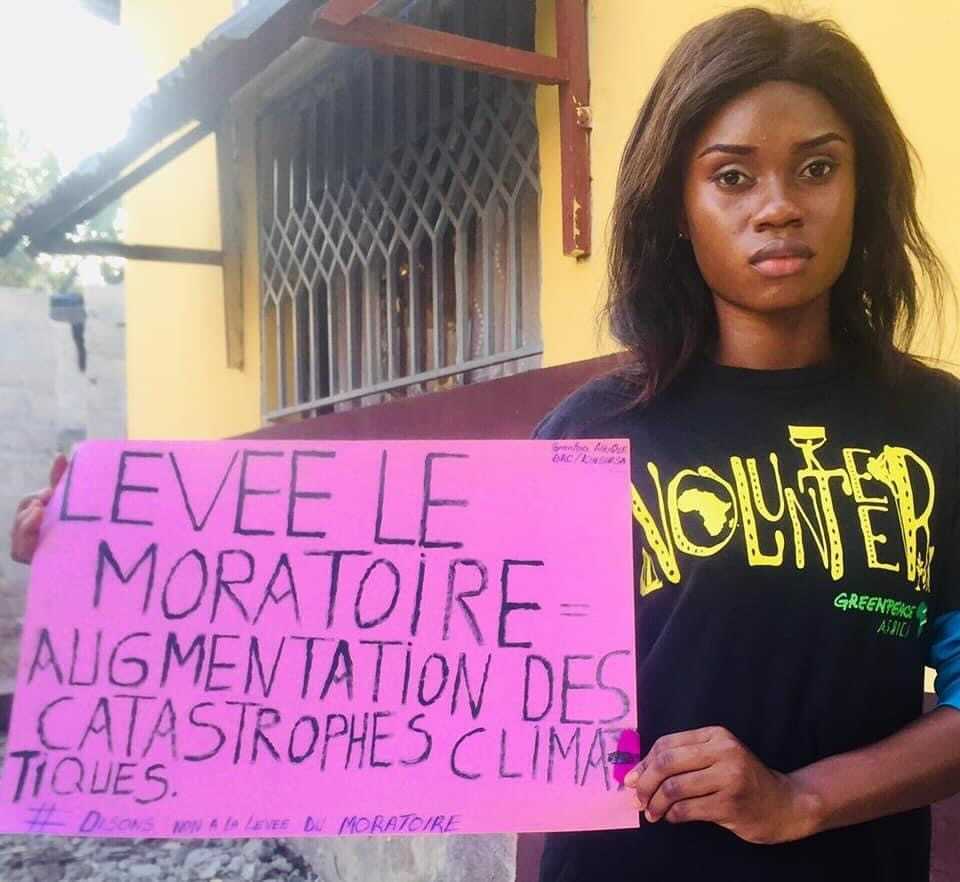
Indigenous populations at the heart of the process
Forty million people live in the Congo Basin forests. These forests provide them with water, food, habitat and even… places of worship. This means that the survival of these populations is closely linked to what the authorities decide for the future of the tropical forests in the Democratic Congo.
Can we write off such a rich biodiversity, such a successful osmosis between man and forest, to mining or industrial interests?
And what if the real challenge is to make these populations the true managers of these forests?
Irene Wabiwa Betoko, International Project Lead of Congo Basin Forest Campaign of Greenpeace Africa, says, “instead of allowing new ways of destruction, the DRC needs a permanent forest protection plan, taking into account the management by local and indigenous populations who live there and depend on it for their survival”.
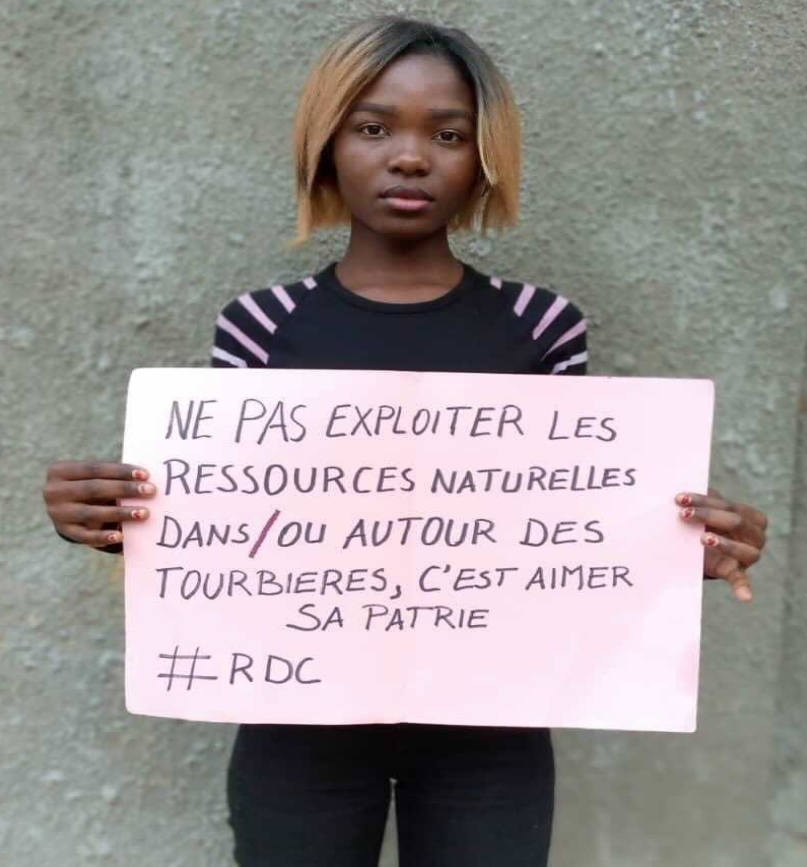
The tropical forests of Congo are priceless for the future of the planet
While the lifting of the moratorium is within the realm of possibility, the warning from NGOs should not be ignored. According to them, the area of the DRC’s rainforest handed over to logging companies could increase by 20 million hectares – an area big enough to be compared as the size of Britain.
But in reality, up to 60-70 million hectares of intact forest, home to thousands of local communities and indigenous peoples, are at risk of disappearing. Speaking of the animal wealth of this area, species are threatened such as mountain gorillas, forest elephants and the endemic Okapi.
Today, as Mr. Ranece Jovial, Campaign Manager the forest campaign at Greenpeace Africa, reminds us, there is no longer any doubt that so-called “selective” logging is one of the major causes of forest loss in Africa, because it requires the establishment of a vast network of roads to reach low densities of trees of commercial value.
All this to say that the tropical forests of the Democratic Republic of Congo are of inestimable contribution not only for Congo, but also for the whole planet and that in truth, this last green bastion in the world, has no price!
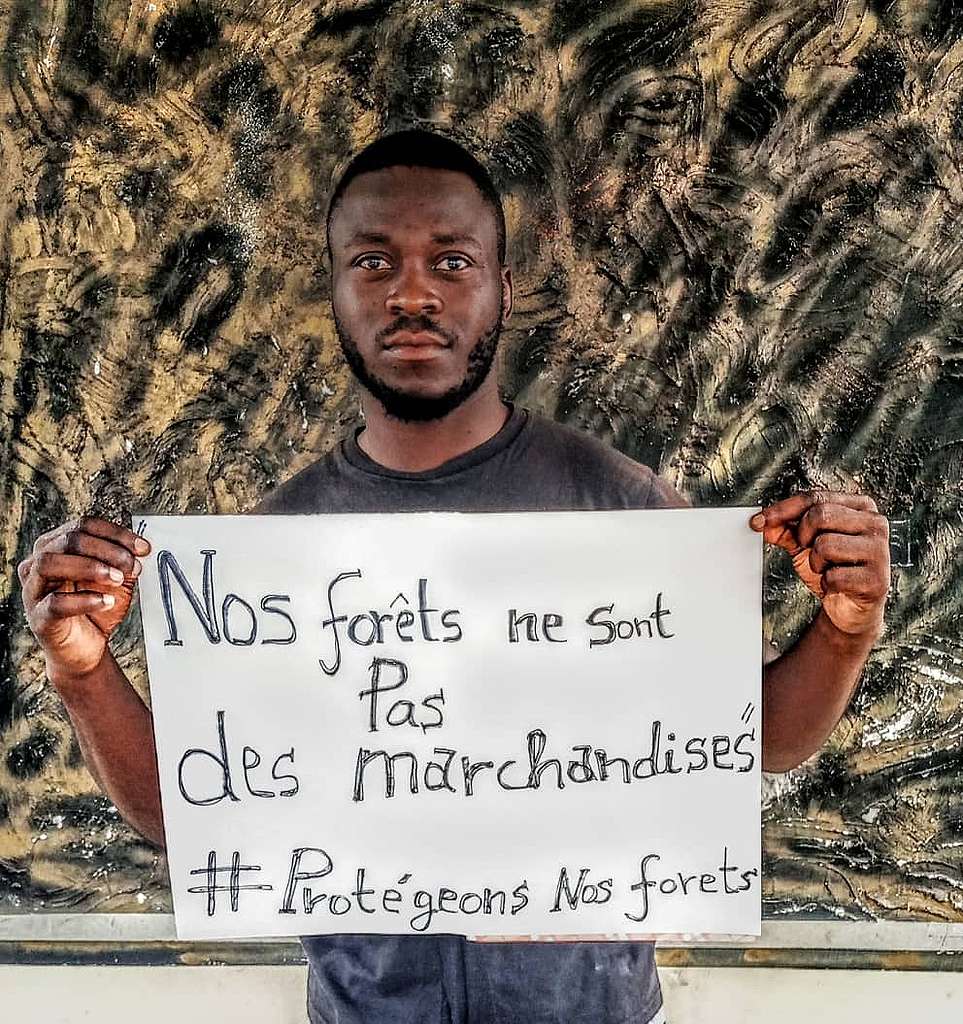
Climate bomb or last hope to save the planet, the tropical forests will be what we choose to make of them
Since 2017, officially, it is established and recognized, that straddling the two Congos, is the largest area of tropical peatlands on the planet and must at all costs be preserved. And it is one of the greatest gifts that Mother Nature has given us. But the people who live in this ecosystem have known this for a long time and have passed on this treasure respectfully from generation to generation.
Tørris Jæger, Secretary General of Rainforest Foundation Norway (RFN), emphasised that “sustainable development for present and future generations in the DRC depends directly on the protection of the country’s intact tropical forests. Securing the lands of indigenous peoples – a priority for President Tshisekedi – and a substantial increase in support for community-based forest management should be strategic priorities for the DRC, including in its partnership with the Central African Forest Initiative.”
Because the equation is simple: either we make tropical forests the giant carbon sink that will help save the planet, or we destroy them and release the estimated 10 billion tons of carbon dioxide from these forests and, hello…climate bomb!
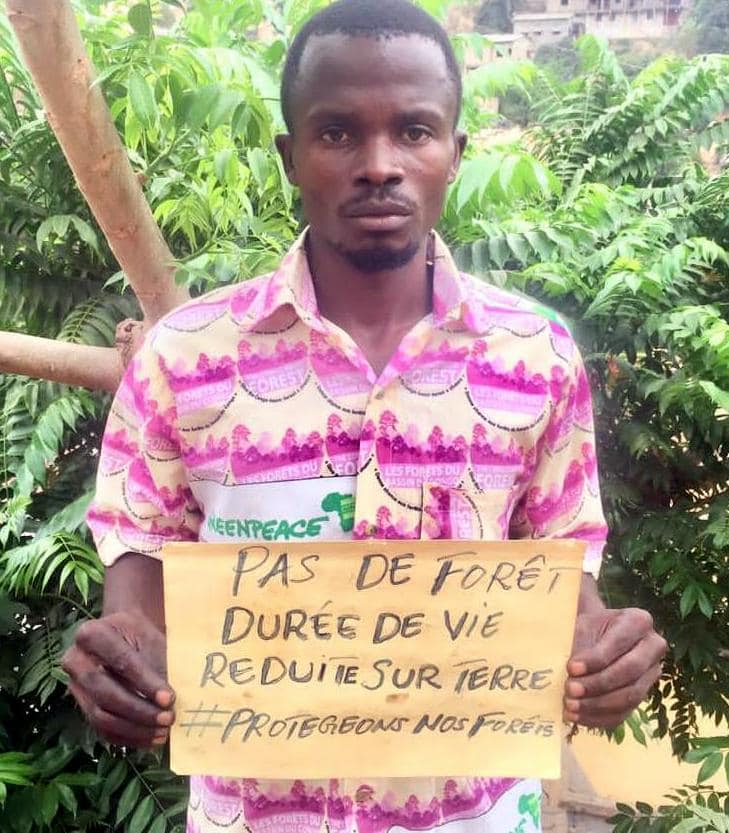
Cheikh Bamba Ndao – Greenpeace Africa

